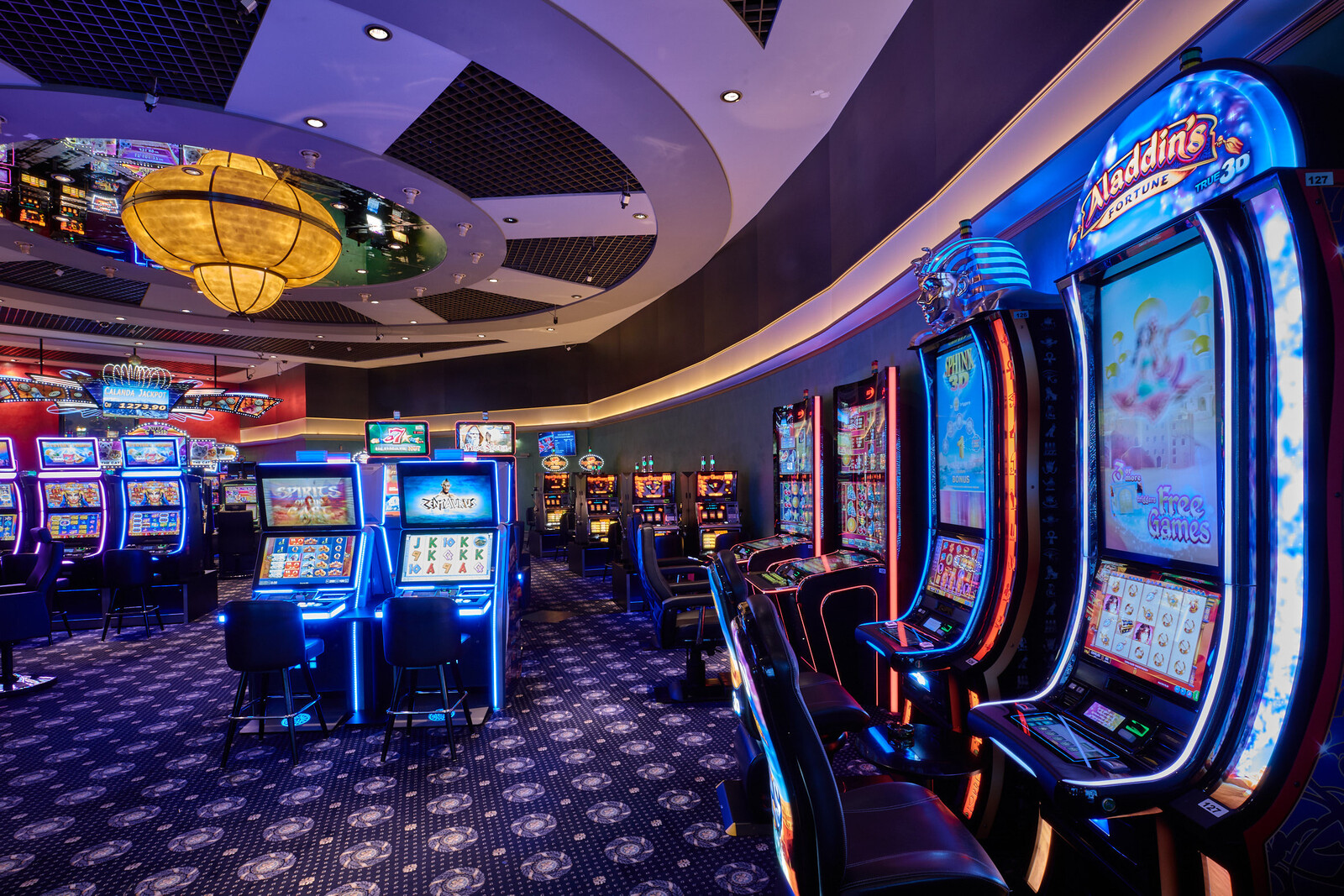Gambling in casinos has long been a subject of fascination and controversy, attracting millions of players globally. With a mix of luck, strategy, and the thrill of risk, casino games offer an exhilarating escape from everyday life. However, as entertainment becomes ever more accessible, it calls for a deeper examination of the ethical implications surrounding these games.
At the heart of the discussion lies the issue of whether casinos promote responsible gaming or take advantage of vulnerable individuals. The allure of potential winnings versus the truth of losses can create a complex dynamic, and understanding this balance is crucial for both players and operators. As we delve into the ethics of casino gaming, we will explore the duties of casinos, the effects on society, and the steps that can be taken to foster a healthier gaming environment.
The Impact of Casino Gaming on Society
Casino gaming has a significant influence on societal dynamics, affecting not only the economy but also social behaviors and community structures. The revenue generated from casinos can lead to job creation and boost local economies, as they provide numerous employment opportunities in multiple fields including food and beverage, leisure activities, and retail. However, while the financial benefits can be significant, communities often struggle with the potential negative impacts that arise from higher gambling activity.
Additionally, the presence of casinos can lead to an rise in gambling addiction, presenting significant challenges for players and families. The thrill of casino games can quickly evolve into a habitual habit, affecting connections with others and leading to monetary issues. Many individuals may find it difficult with the loss of control over their gambling behaviors, resulting in a need for assistance programs and help to address this increasing issue. The social cost of gambling addiction can extend through kinships and neighborhoods, creating an urgent need for responsible gaming initiatives.
In addition to the economic and social consequences, casino gaming often showcases cultural attitudes towards risk and leisure. It can foster a sense of joy and leisure, attracting tourists and boosting tourism. However, this allure may also mask the broader implications of gambling as a form of entertainment, provoking ethical questions about its advertisement and availability. As communities weigh the benefits and drawbacks of casino gaming, the need for sensible approaches and oversight becomes increasingly critical in ensuring that the positive aspects are enhanced while minimizing the negative effects.
Ethical Issues in Betting Practices
The ethics of gambling operations often center around the potential for addiction and its consequences on individuals and households. Gambling can lead to significant financial distress, impacting not only the betters but also their loved ones. As people become caught in the allure of winning, many lose track of their budget, which can result in devastating results such as bankruptcy. This raises moral questions about the duty of casinos in promoting responsible gaming habits and providing support for those who may be dealing with betting addiction.
Another critical issue is the advertising of betting to vulnerable populations. Casinos often aim at low-income people or neighborhoods with the promise of quick rewards, which can continue patterns of poverty and despair. In this situation, the morality of marketing strategies used by gambling establishments come under scrutiny, as they may take advantage of the need of individuals seeking an escape from economic troubles. This exploitation raises ethical questions about the integrity of the betting industry and its responsibility to safeguard its most at-risk patrons.
Additionally, the effect of casino operations on the community as a entirety cannot be overlooked. While some argue that gambling establishments create jobs and boost local economies, others point to the social costs associated with dysfunctional betting, increased crime rates, and a burden on public resources. Balancing economic benefits with the potential for social harm presents a challenging moral dilemma for lawmakers and gambling operators alike. The difficulty lies in discovering a ethical approach that takes into account the well-being of individuals and society while still allowing for the enjoyment of casino gaming.
Regulation Framework and Obligations
The regulatory structure pertaining to casino operations is designed to ensure fairness, honesty, and player protection. Multiple government agencies and gambling commissions set and apply regulations that dictate how casino activities operate, the guidelines for game development, and the protocols for processing prizes. These regulations differ by locale but usually involve permit requirements for providers and stringent measures to avoid fraud and fraud.
In furthermore to regulatory bodies, gambling businesses bear major responsibility in maintaining principled standards within their facilities. They must implement safe gaming practices that support gambler protection and education, including presenting self-exclusion options and sharing information about the hazards connected to betting. Establishments are also responsible for training employees to spot signs of problem gaming and understand the correct actions to assist patrons in need.
Furthermore, clarity in gambling operations is essential for building and preserving public confidence. mm88 Casinos should offer clear information about the probabilities of activities, marketing opportunities, and any connected dangers. By fostering an environment of integrity and trust, operators can help mitigate the potential negative impact of gaming while boosting the general gaming experience for all players.
